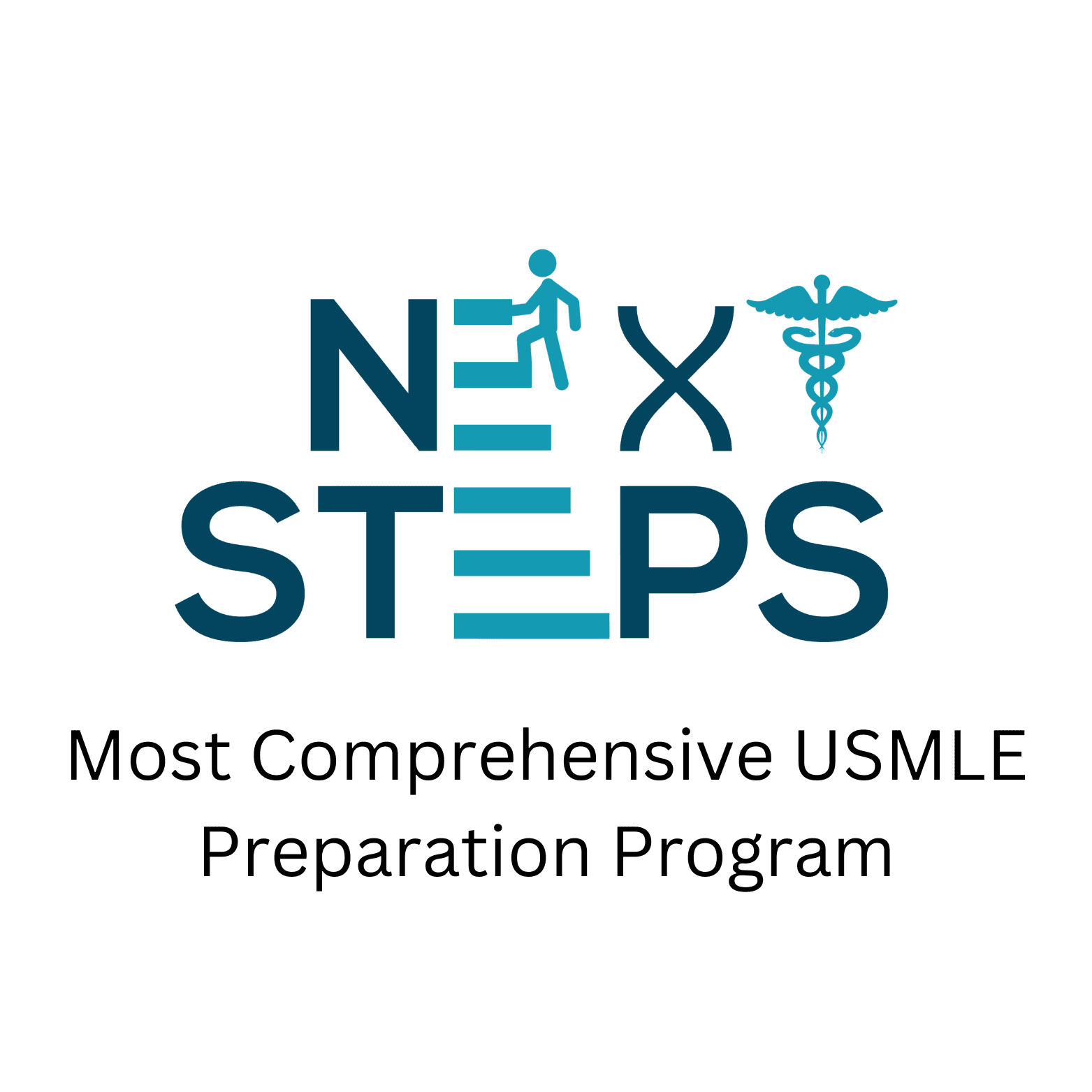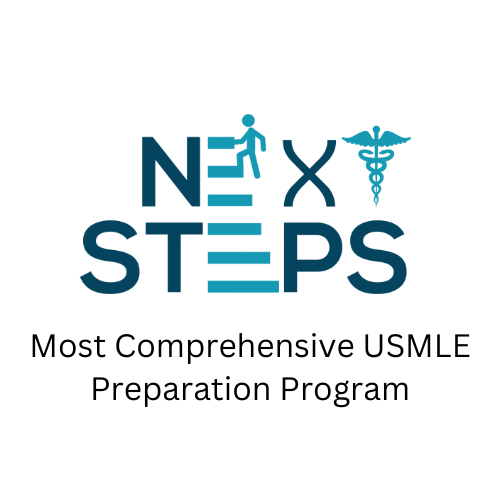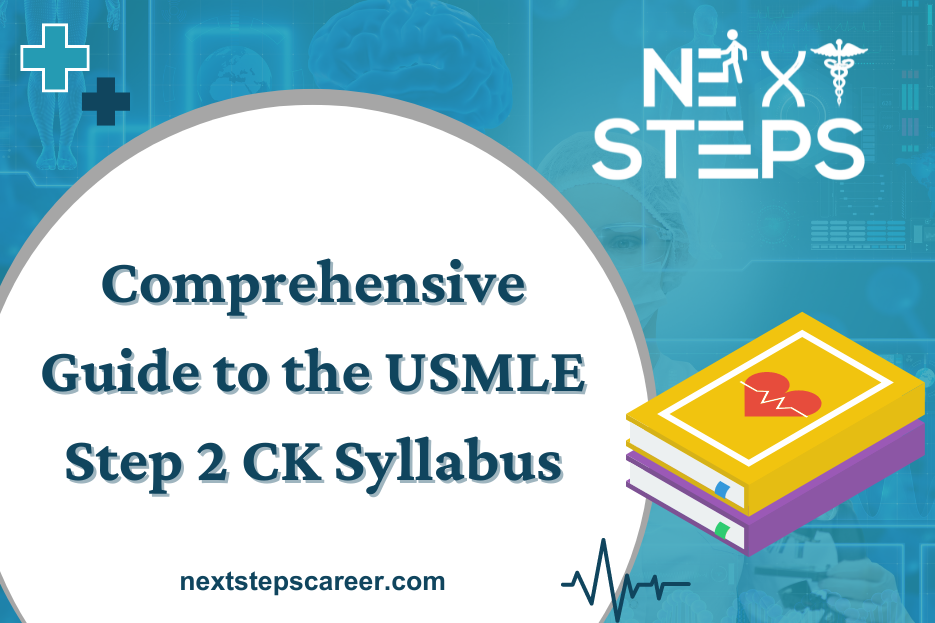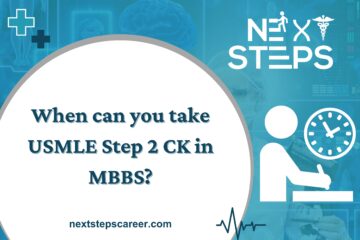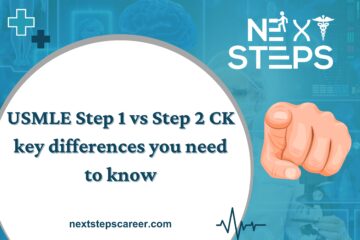The USMLE Step 2 CK (Clinical Knowledge) exam is a critical component of the United States Medical Licensing Examination (USMLE) series, designed to assess a medical student’s ability to apply clinical knowledge and skills in a real-world setting. Understanding the syllabus and the key areas covered in the Step 2 CK exam is essential for effective preparation. This comprehensive guide will help you navigate the USMLE Step 2 CK syllabus and provide you with insights into what you need to focus on to excel in the exam.
Overview of the USMLE Step 2 CK Exam
The USMLE Step 2 CK exam tests your ability to apply medical knowledge, skills, and understanding of clinical science necessary for the provision of patient care under supervision. The exam emphasizes health promotion and disease prevention. It includes multiple-choice questions that cover a wide range of topics related to clinical science.
Key Components of the USMLE Step 2 CK Syllabus
The USMLE Step 2 CK syllabus is broadly divided into several core disciplines, organ systems, and physician tasks. Here’s a detailed breakdown:
1. Core Clinical Disciplines:
- Internal Medicine:
- Cardiology, gastroenterology, endocrinology, nephrology, pulmonology, rheumatology, infectious diseases, hematology, and oncology.
- Pediatrics:
- Growth and development, infectious diseases, hematology/oncology, cardiology, neurology, neonatology, and adolescent medicine.
- Surgery:
- Preoperative and postoperative care, trauma, surgical oncology, gastrointestinal surgery, vascular surgery, and orthopedic surgery.
- Obstetrics and Gynecology:
- Pregnancy, prenatal care, labor and delivery, postpartum care, gynecological diseases, reproductive endocrinology, and oncology.
- Psychiatry:
- Mood disorders, anxiety disorders, psychotic disorders, substance abuse, personality disorders, and psychiatric emergencies.
- Family Medicine:
- Preventive care, common chronic diseases, acute care, geriatrics, and palliative care.
2. Organ Systems:
- Cardiovascular System:
- Anatomy, physiology, pathology, diagnosis, and treatment of cardiovascular diseases.
- Gastrointestinal System:
- Anatomy, physiology, pathology, diagnosis, and treatment of gastrointestinal disorders.
- Renal/Urinary System:
- Anatomy, physiology, pathology, diagnosis, and treatment of renal and urinary tract diseases.
- Respiratory System:
- Anatomy, physiology, pathology, diagnosis, and treatment of respiratory disorders.
- Reproductive System:
- Anatomy, physiology, pathology, diagnosis, and treatment of reproductive system diseases.
- Musculoskeletal System:
- Anatomy, physiology, pathology, diagnosis, and treatment of musculoskeletal disorders.
- Nervous System:
- Anatomy, physiology, pathology, diagnosis, and treatment of neurological diseases.
- Skin and Subcutaneous Tissue:
- Anatomy, physiology, pathology, diagnosis, and treatment of dermatological conditions.
3. Physician Tasks:
- Diagnosis:
- Gathering patient history, conducting physical examinations, ordering and interpreting diagnostic tests.
- Management:
- Developing treatment plans, prescribing medications, performing procedures, and providing follow-up care.
- Prognosis:
- Understanding disease outcomes, counseling patients and families, and planning for long-term care.
- Ethics and Professionalism:
- Adhering to ethical principles, maintaining professionalism, and addressing legal and ethical issues in patient care.
Key Topics and Concepts
1. Clinical Skills and Patient Care:
- Emphasize clinical decision-making, patient safety, and effective communication with patients and healthcare teams.
- Focus on the interpretation of clinical data, such as lab results, imaging studies, and ECGs.
2. Health Promotion and Disease Prevention:
- Knowledge of preventive medicine, screening guidelines, immunization schedules, and counseling patients on lifestyle modifications.
3. Evidence-Based Medicine:
- Application of evidence-based guidelines in clinical practice, understanding research methodologies, and critically appraising medical literature.
Study Tips for USMLE Step 2 CK Syllabus
1. Develop a Study Plan:
- Create a structured study plan that covers all the core disciplines and organ systems. Allocate more time to areas where you feel less confident.
2. Use High-Yield Study Resources:
- Utilize high-yield study resources such as UWorld, Next Steps Mentoring, and “First Aid for the USMLE Step 2 CK” to guide your preparation.
3. Practice Clinical Scenarios:
- Engage in practice questions and mock exams that simulate clinical scenarios. This will help you develop your clinical reasoning and decision-making skills.
4. Focus on Weak Areas:
- Identify your weak areas through self-assessment and dedicate additional time to strengthening your knowledge in those subjects.
5. Review and Revise:
- Regularly review and revise key concepts to reinforce your understanding. Use flashcards, summary notes, and quick-reference guides for efficient revision.
Conclusion
The USMLE Step 2 CK exam is a comprehensive assessment of your clinical knowledge and skills. Understanding the syllabus and focusing your preparation on high-yield topics and core clinical disciplines is crucial for success. By developing a structured study plan, utilizing effective study resources, and practicing clinical scenarios, you can enhance your preparation and boost your confidence for the exam. Stay consistent, stay focused, and remember that thorough preparation is the key to achieving a high score on the USMLE Step 2 CK. Good luck!
